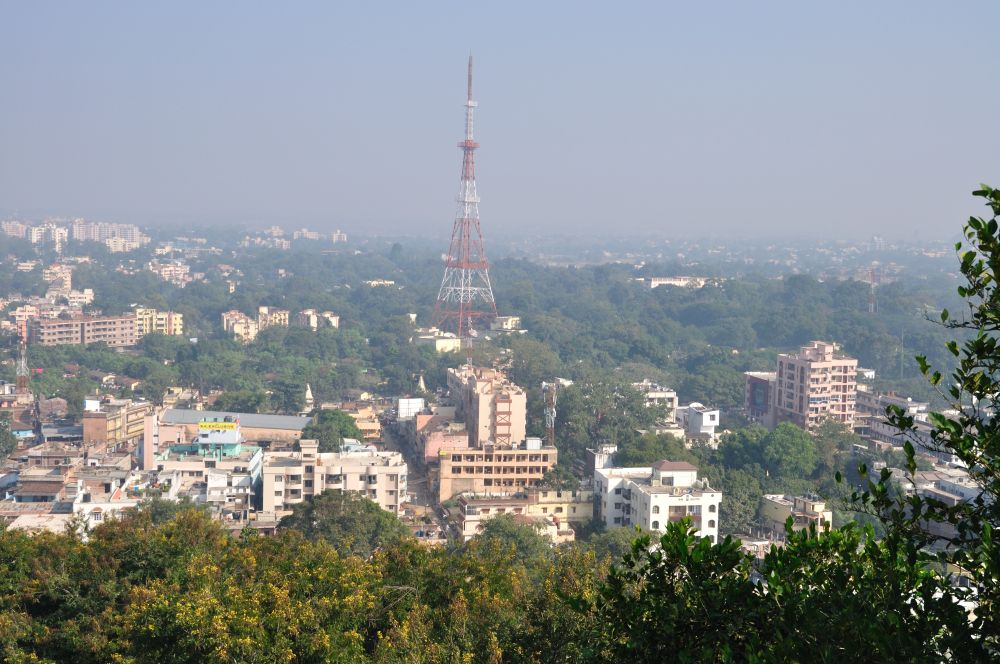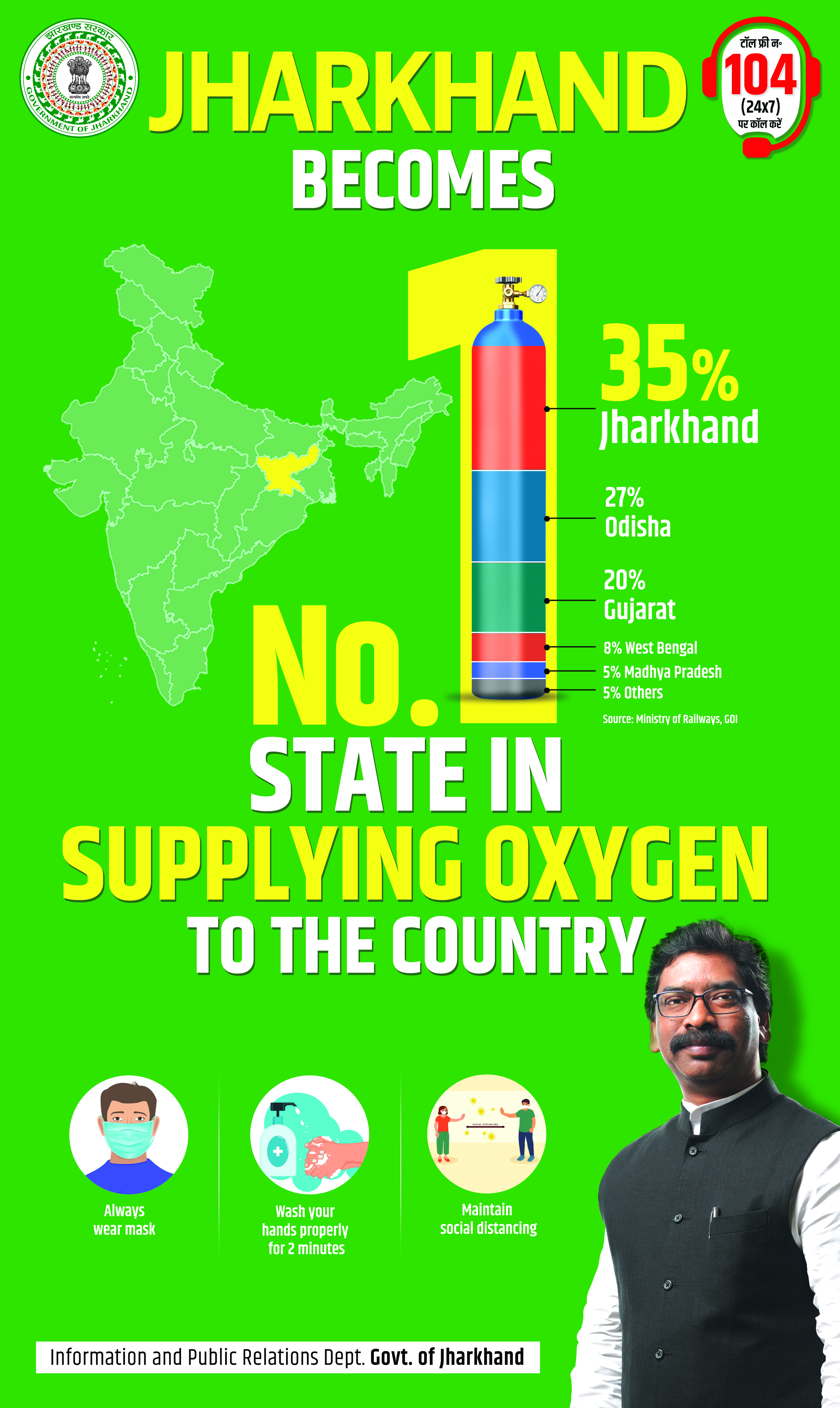
*Image by Biswarup Ganguly - Own work, CC BY 3.0, https://commons.wikimedia.org/w/index.php?curid=12221121
A MODEST-SIZE TOWN WITH COSMOPOLITAN SOCIAL AMBIENCE
Now that I had had my share of seeing India and the world at large, what pleasantly surprises me is the cosmopolitan culture that a rather modest-sized town like Ranchi had when we were growing up. It must have left a salutary indelible imprint on the personality of many of us.
We associate cosmopolitanism with the cosmopolitans or, say, large towns and cities! A melting- pot of culture where people are arguably supposed to be guided by the universal values rather than the sectarian and obscurantist ideas.
Why was Ranchi of our childhood cosmopolitan in its social milieu and outlook?
There were quite a few distinct reasons that we may think of.
In addition to the local tribal population, there was a large section of the migrant population the constituents of which had been coming to Ranchi for the last few generations in search of jobs. With the tribals not sufficiently advanced in education during that phase of time, the migrant population was able to land up with government or other odd jobs.
Those comprising this migrant population in most cases had the tradition of education going back to a few generations and, therefore, were mellowed down and fairly urbane in their behaviour. They had not been tied to the land and as a result did not exhibit a static feudalistic tendency with pronounced primordial social identities like casteism, and resultant exaggerated hierarchical notions of themselves .
Chotanagpur was and continues to be one of the richest mineral belts. Ranchi was the commercial capital of the erstwhile Bihar state, so to say. Hence, Ranchi had several public sector undertakings like NCDC (later called Coal India Limited), MECON, HEC and so on. Arguably the working culture of public sector undertakings is a lot more cosmopolitan in comparison to the pure Government Secretariats and departments. The latter are in many ways cultural extensions of the feudal-bureaucratic background based on social identities and a special sense of privileges which they tended to wrongly think of as ascriptive. Selected on merit, in public sector undertakings, the working employees represented different parts of the country and communities. Their professional position was the main identity. Hence, such undertakings tended to be socially more cosmopolitan in their dealings.
Ranchi was not important politically then and had limited bureaucracy. It was yet to become the capital of Jharkhand which happened much later. Hence, the culture of what is popularly called pejoratively as “Lalbatti Culture ”with a misplaced sense of hierarchy and privileges (an anachronistic mindset for which most of us have a natural aversion) was not there. Thus, when we were growing, we never encountered hierarchical or feudal attitudes or consciousness of social identity.
Many of us would agree that if we are not wronged against in our childhood based on societal factors, we also do not imbibe the obnoxious habit of doing wrong to others on the said grounds when we grow-up.
It is always desirable for a child to grow with a broad and non-parochial outlook to life in order to better contribute to a diverse society both nationally as well as globally.
Indeed as a growing boy in Ranchi, one was completely oblivious of caste as a negative factor in the society having never encountered it. At best it was an existential reality only. Incidentally, later on when I went to Delhi and studied Politics in my post-graduation that I realised what a vitiating menace it was permeating most parts of the country.
Ranchi was communally sensitive even during our childhood days. A few areas were more susceptible to the same. But the attitude of an average Ranchite was to steer clear of such a situation and avoid getting hurt or harmed rather than get embroiled in the same either physically or verbally or ideologically. Once the communal riots were over, we forgot about them and got on with our lives. It had not made any dent in the psyche of the local inhabitants. As a matter of course we had friends cutting across religious lines.
Growing -up In the Home-town of Ranchi: The Musings of a Morning - Part 1
